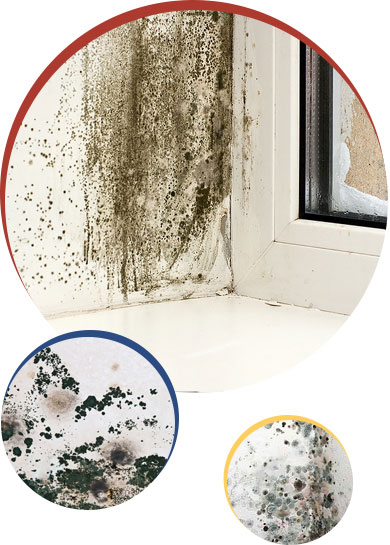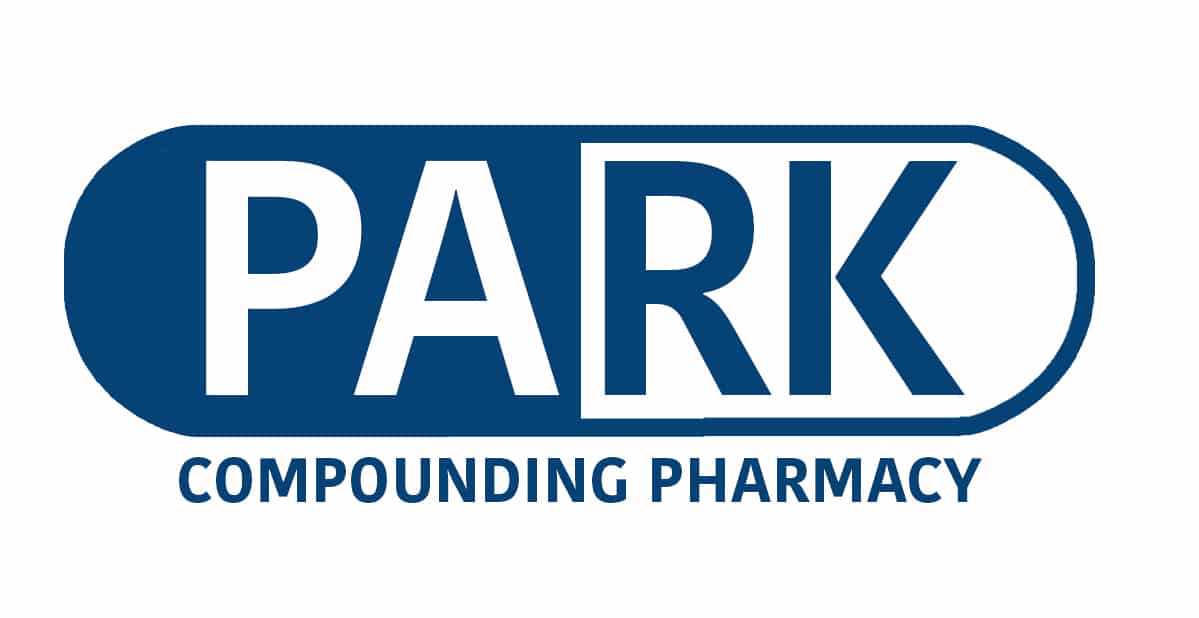
Mold is an extremely toxic substance caused, in some cases, by moisture in walls and floors where there is an absence of ventilation. Mold illness is extremely serious and should be treated by a doctor. The early symptoms often look like other sicknesses, so it is important to know what to look for to treat it correctly. People who have a deficient immune system are more susceptible to mold sickness. Mast cell activation syndrome (MCAS) is sometimes associated with mold illness.
Beginning Stages
Short-term and beginning stages of mold sickness can look like a basic cold or allergy attack because mold, in small doses, acts as an irritant. You may have a mold problem if after entering a building you repeatedly receive any of the following symptoms:
- watery, itchy eyes
- chronic cough
- headaches or migraines
- difficulty breathing
- rashes
- nasal blockage
- frequent sneezing
Advanced Stages
If you are in an area that has been contaminated by mold for a long period of time, the following conditions may develop:
- constant headaches
- weight and hair loss
- diarrhea
- vomiting
- fatigue
- coughing up blood
- chronic bronchitis and sinus infections
- sexual dysfunction
- short-term memory loss
- skin rashes and sores
Staying in a mold-infested environment for a long period of time can result in these symptoms, which are often the result of not seeing a doctor in time or choosing to remain in an area with mold without taking steps to clean it. If you get these symptoms, see a doctor immediately.
Lyme Disease
Lyme disease is caused by borrelia burgdorferi acquired from a tick bite. It is not caused by mold exposure but is considered an environmentally acquired illness that sometimes exhibits similar side effects to patients with mold-related illness.







